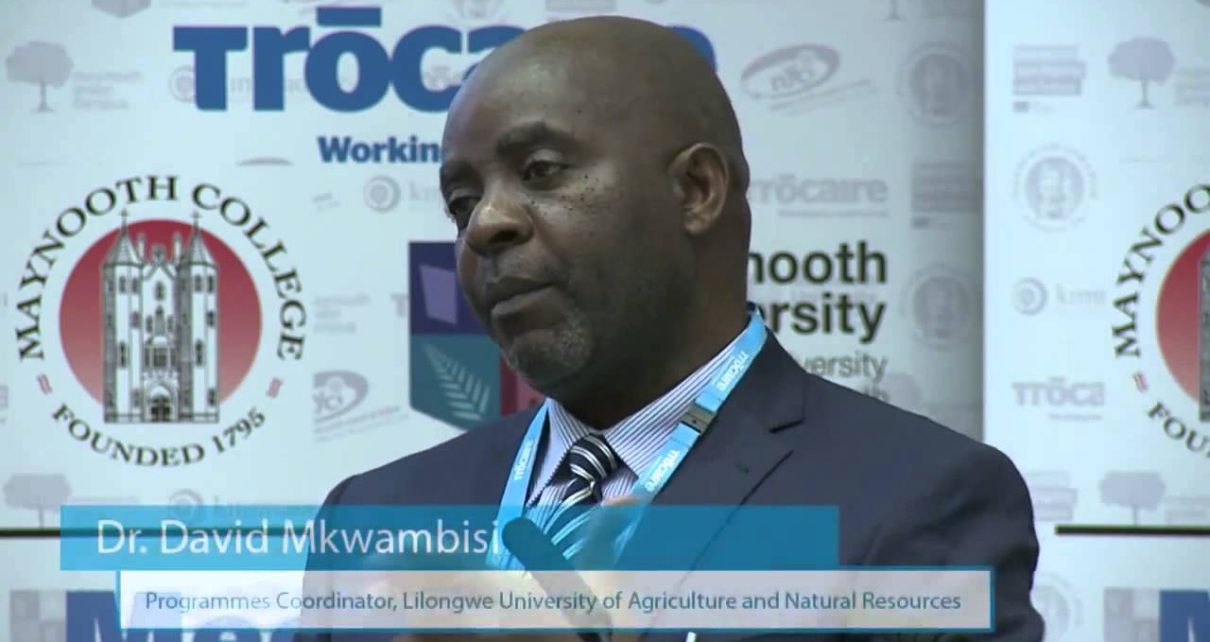
A new Afrobarometer servey has shown that 81 percent of Malawians perceive climate change to have an impact on agricultural production in the country. Experts have since said the country lacks concrete plans in addressing climate change related challenges through initiatives such as water conservation, use of technology to support resilience and implementing plans to transform agricultural interventions.
The survey, conducted betweeen December 2016 and January 2018 and released on Monday this week.state that while 78 percent of Malawians have heard about climate change, 52 percent of climate change challenges are caused by human activity, according to peaople’s perceptions.
But reacting to the survey findings, associate professor of environmental sustainability at Lilongwe University of Agriculture and Natural Resources (Luanar) David Mkwambisi said effects of climate change are largely felt in the agricultural sector. Mkwambisi, an expert on policy guidance and climate change, said there is need for investment in climate change programmes such as water conservation and irrigation farming.
He said: “The implication is that all our agricultural production might not be sustainable to feed the nation because we do not have investment plans. What is required now is to have short-term and long-term specific investments for addressing climate change led by government.”
In a seperate interview, an agriculture expert Tamani Nkhono-Mvula called for need to both diversifying production and invest in climate-smart agriculture. “It is very obvious that when we talk about climate change, Malawi is one of the heavily affected countries. So there is a need to diversify on production, that is to find new ways of production and invest more in irrigation as opposed to depending on rain-fed production,” he said.
Afrobarometer conducted the survey across 34 African countries where faced-to-face i nterviews were conducted in local language and each country was weighted equally (rather than in proportion to population size).
Among other things, respondents were asked questions like their experience on climate conditions for agricultural production, changes in the severity of floods and drought, knowledge about climate change, particularly if they have been better, worse or stayed the same over the last 10 years.
Source: The Nation_August 22, 2019_by Lloyd Chitsulo
